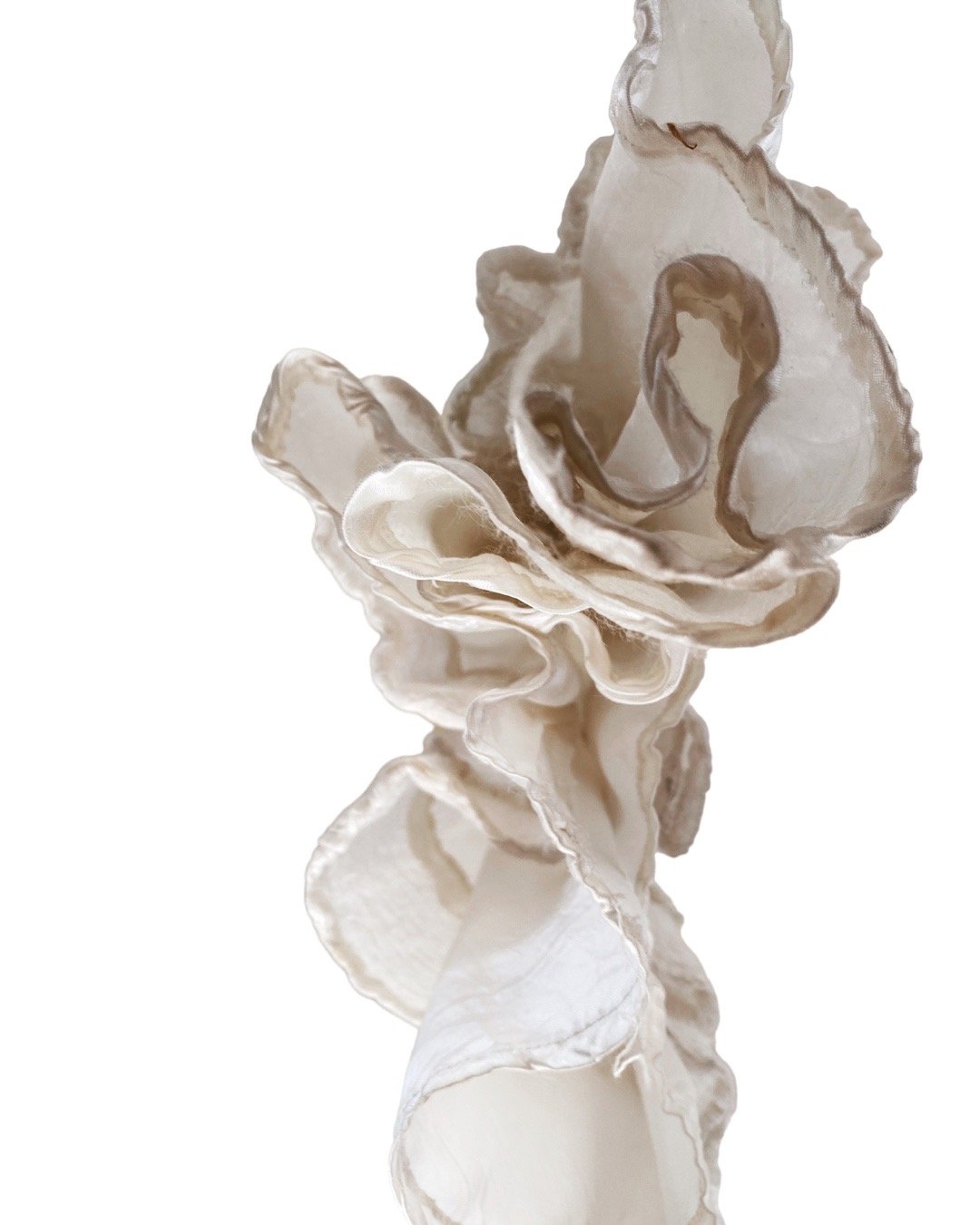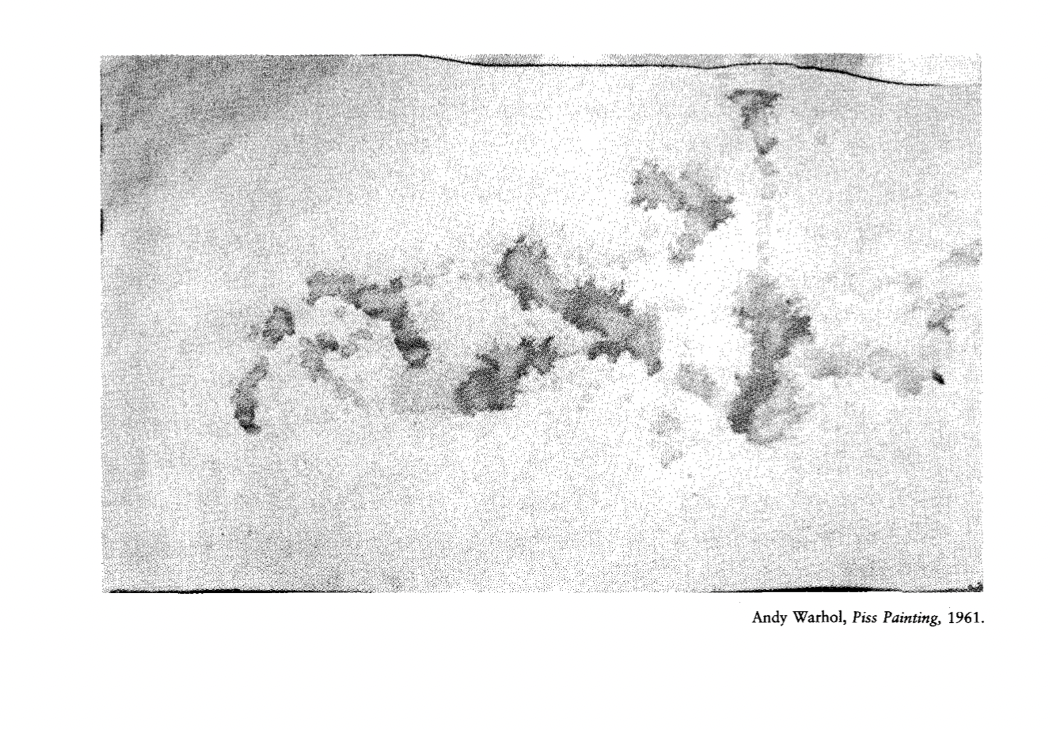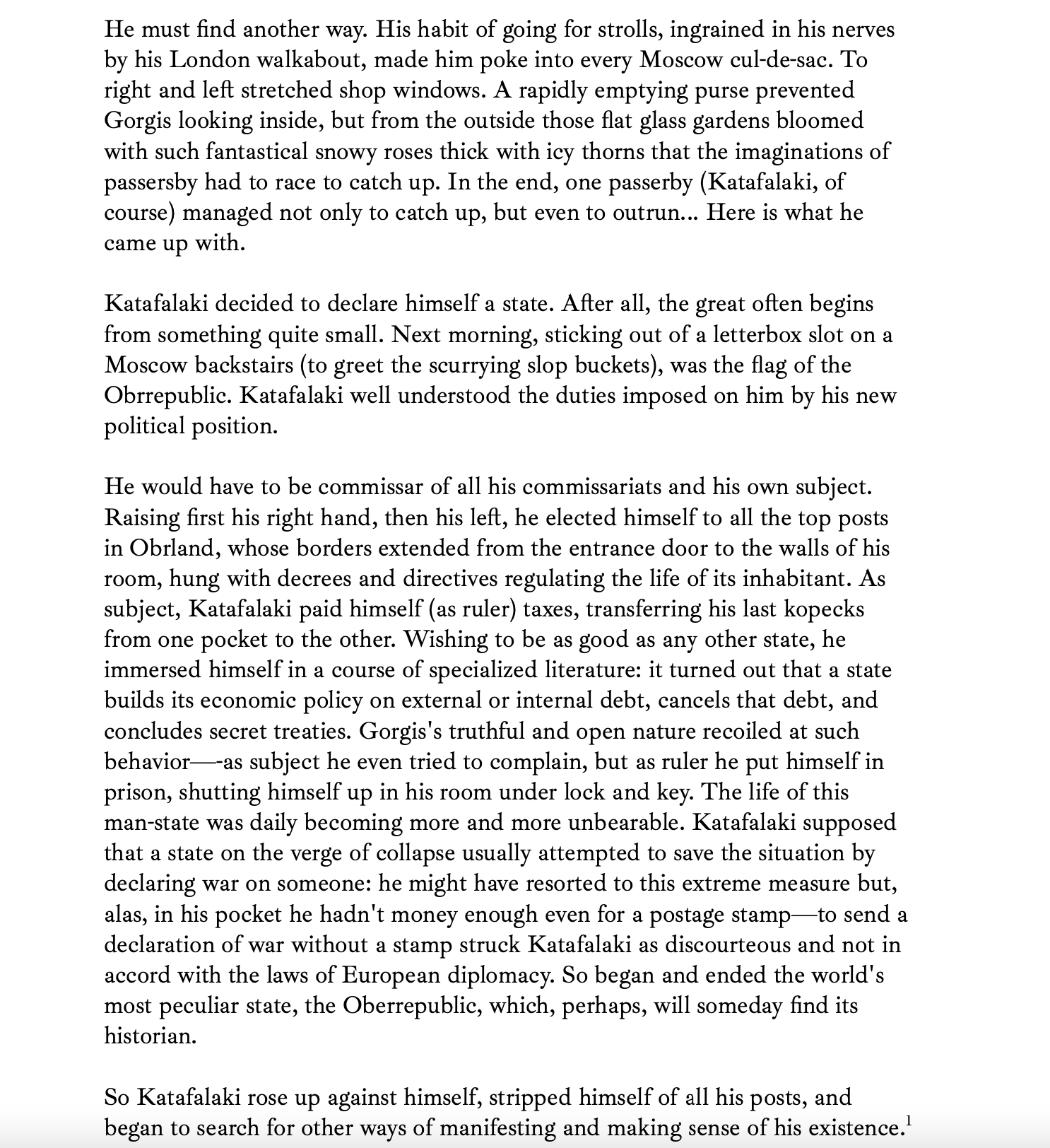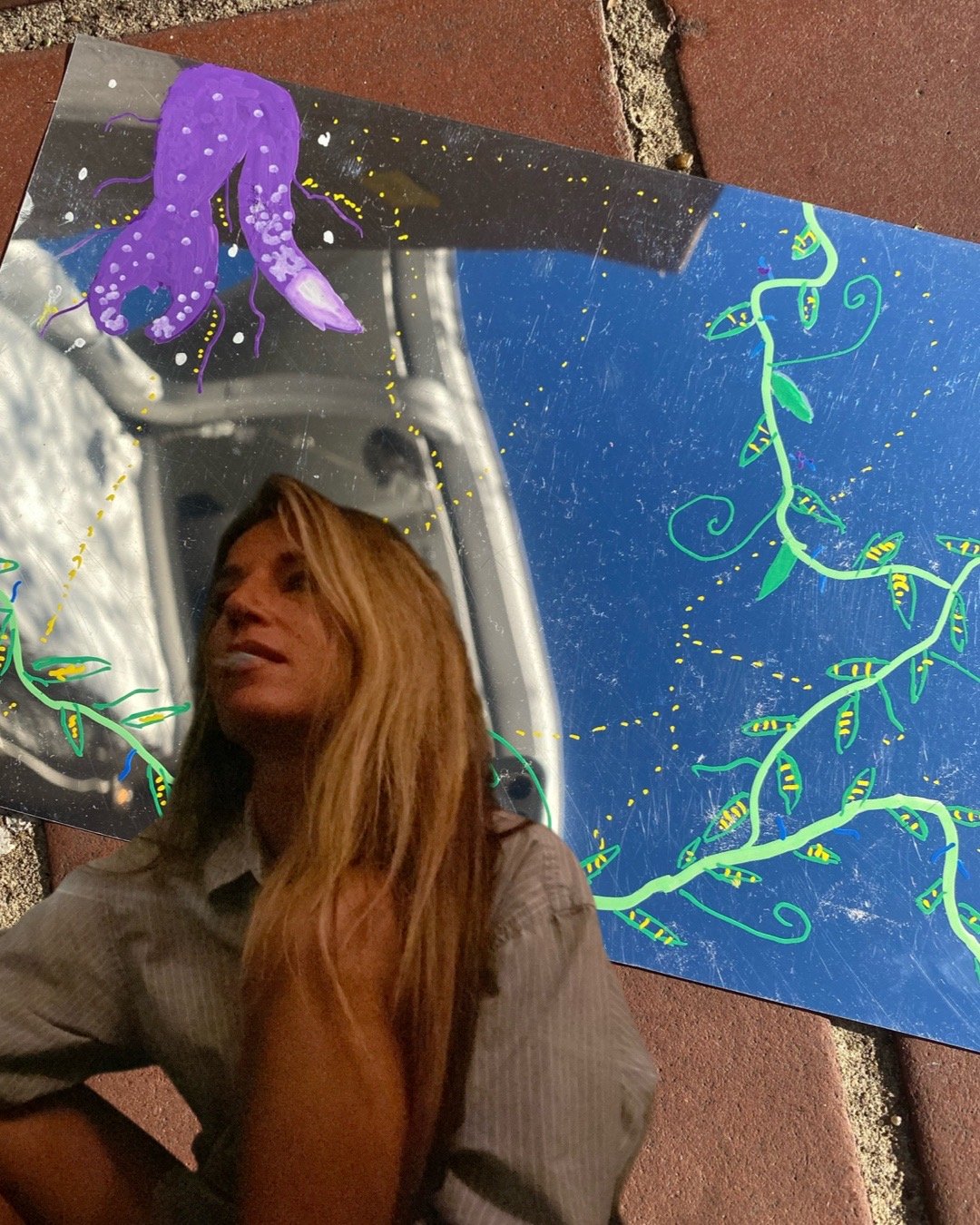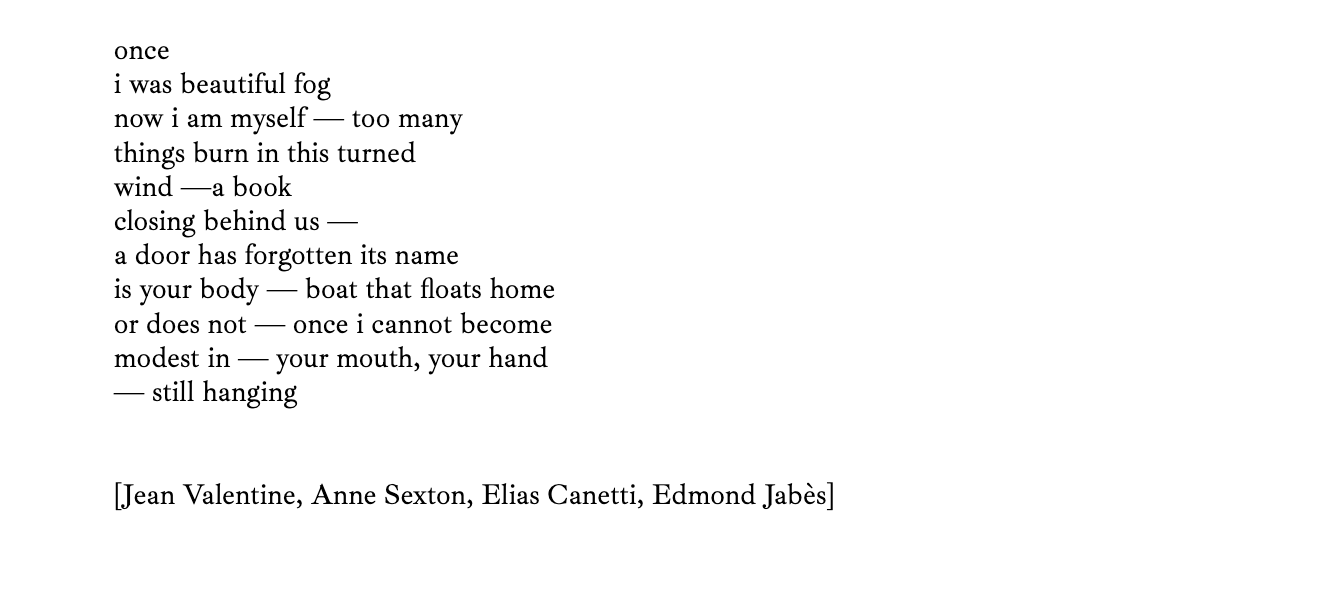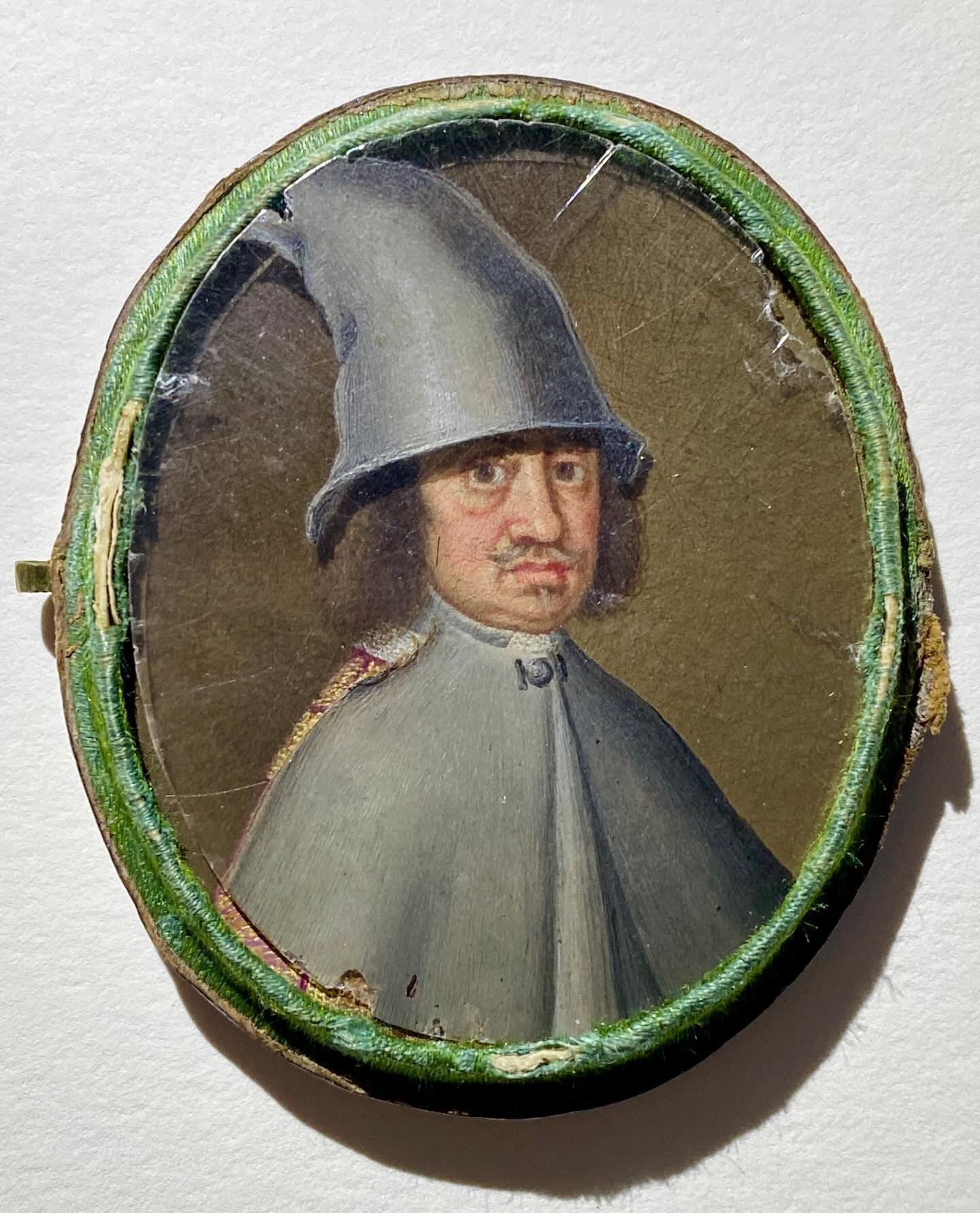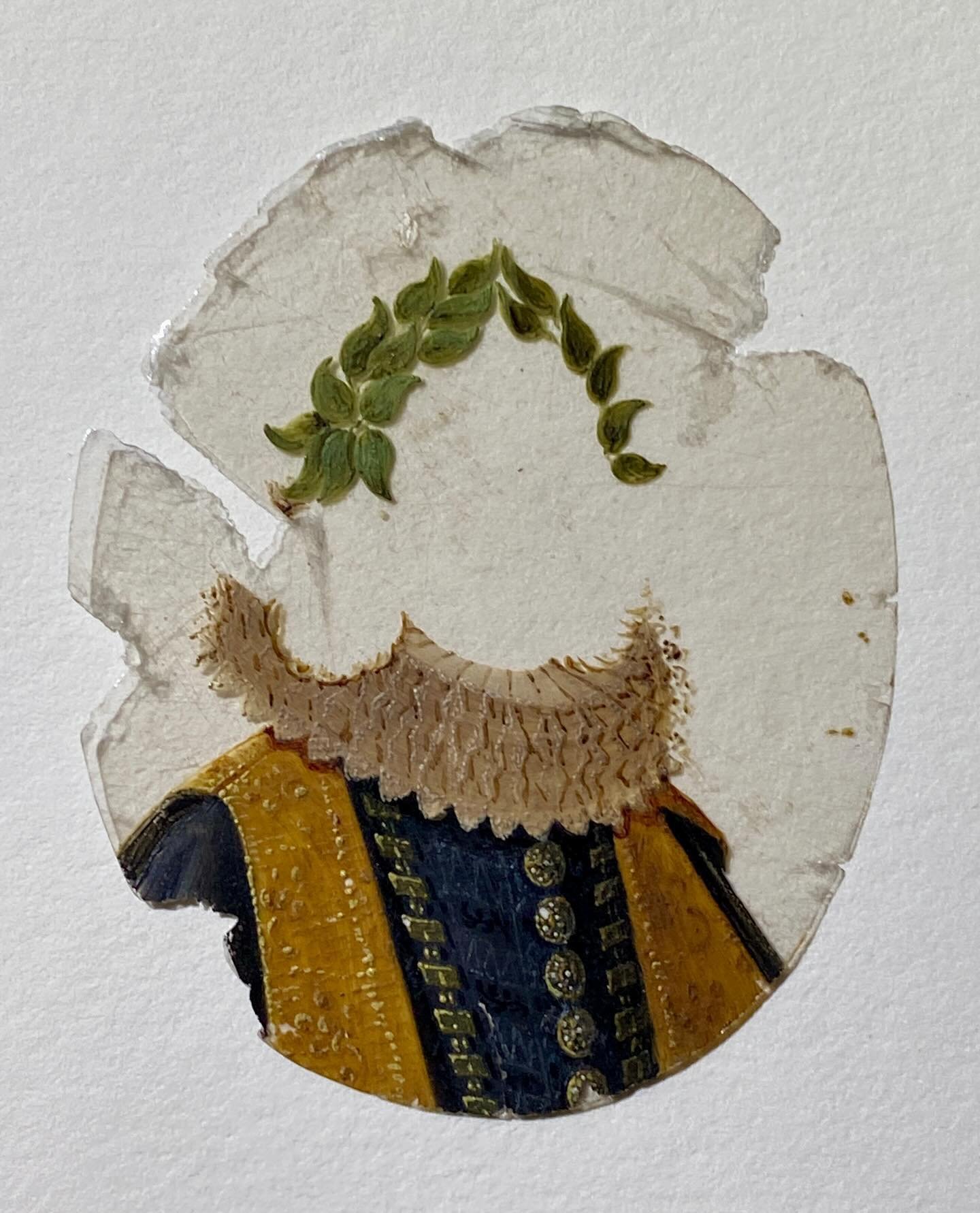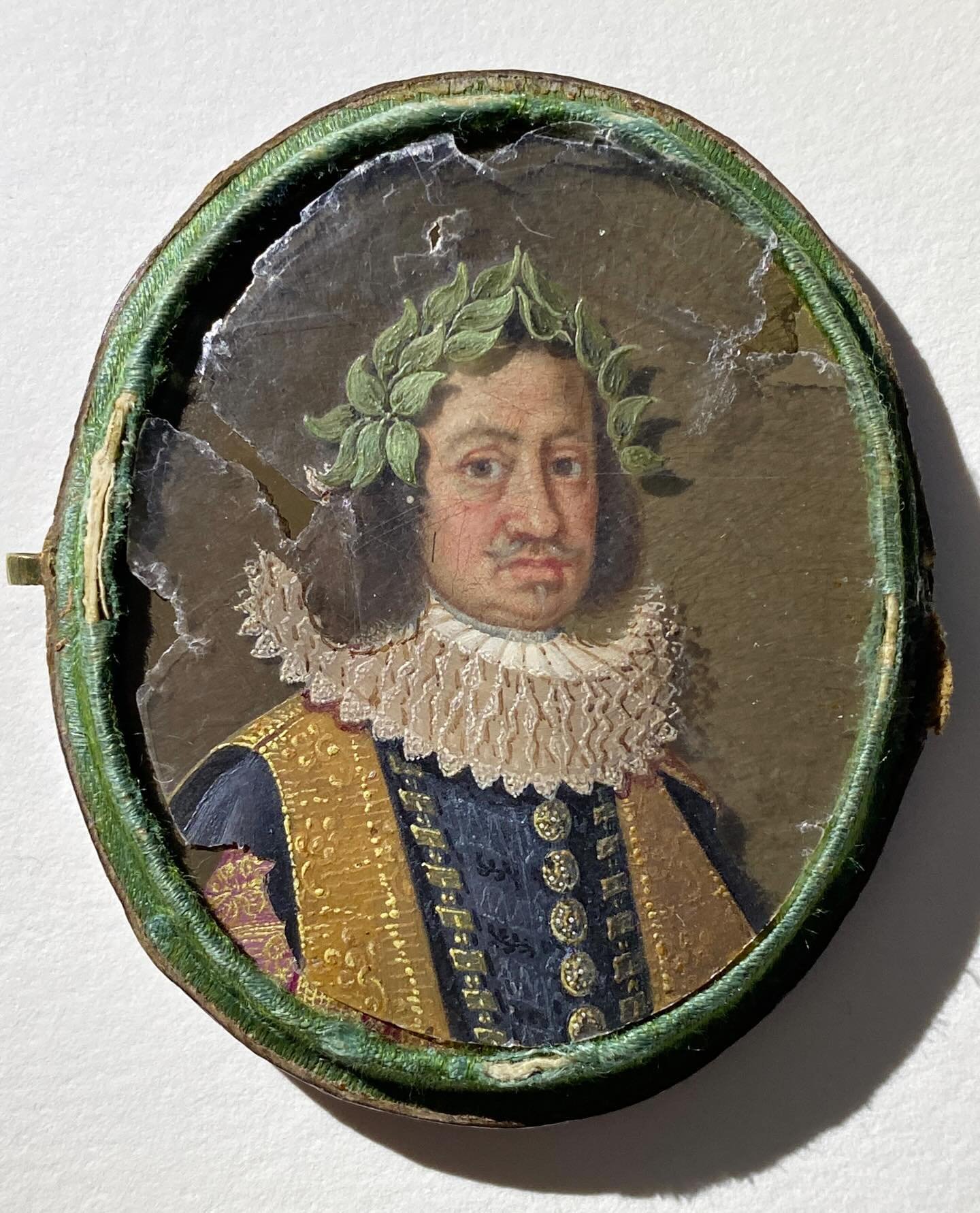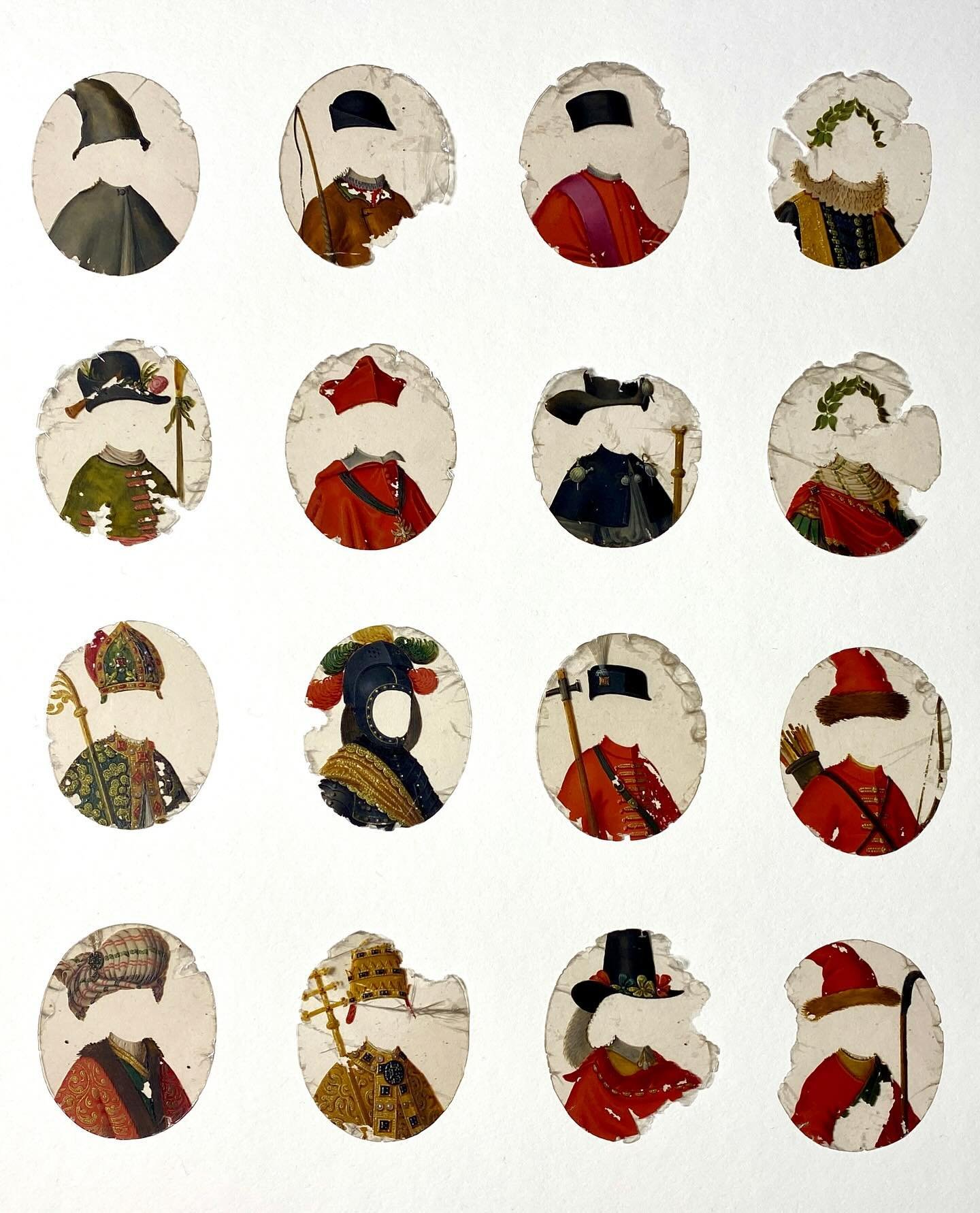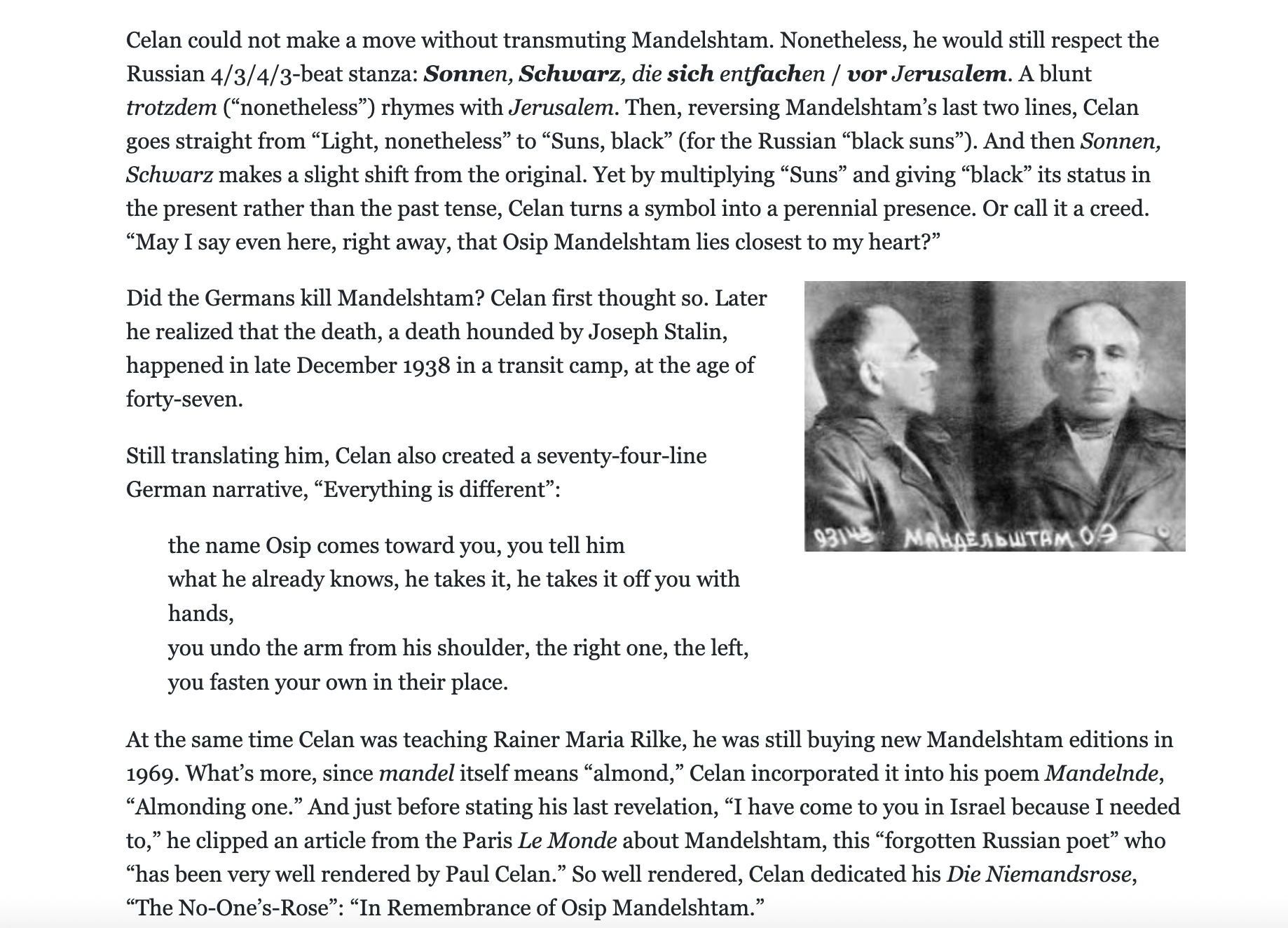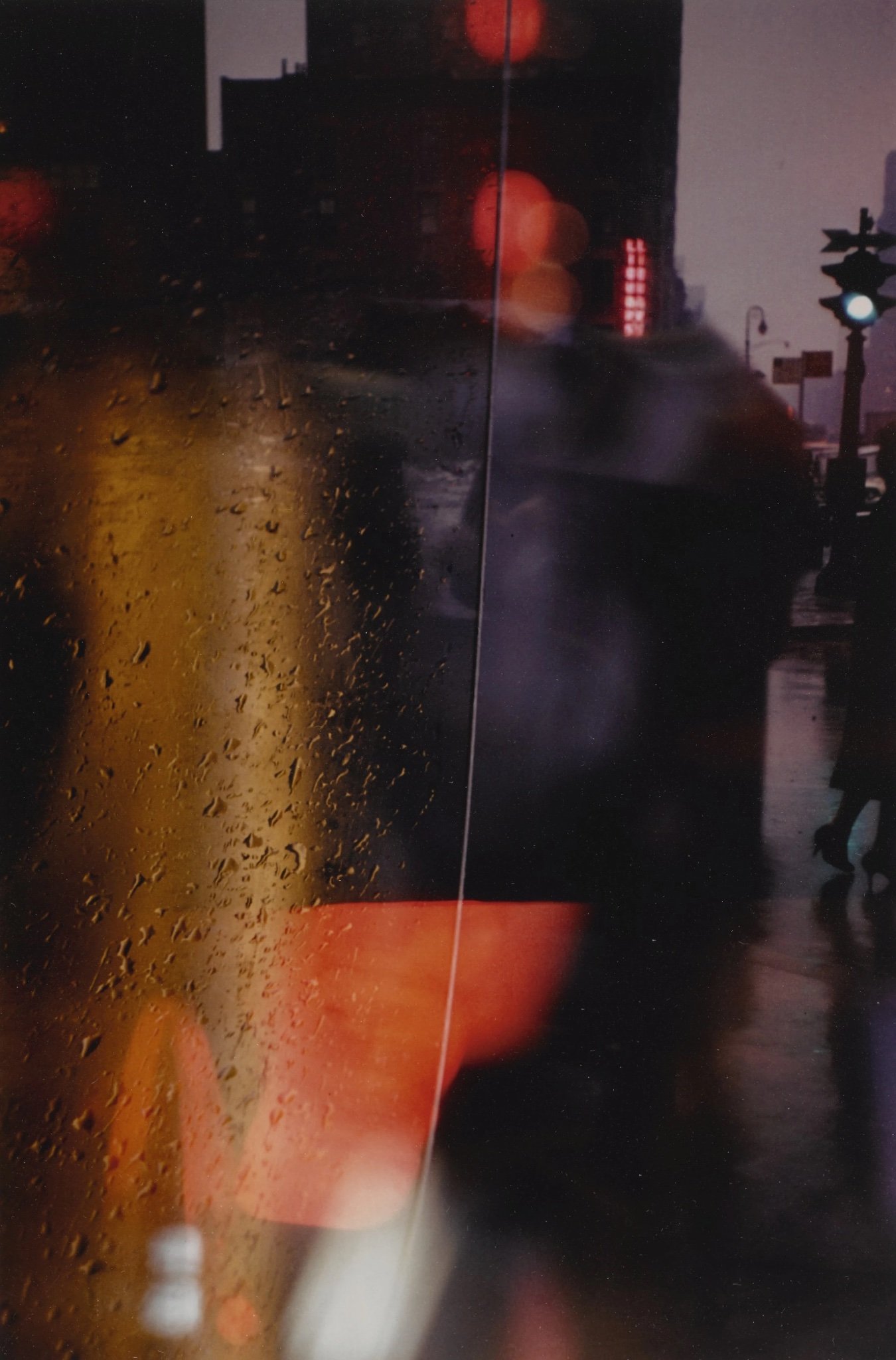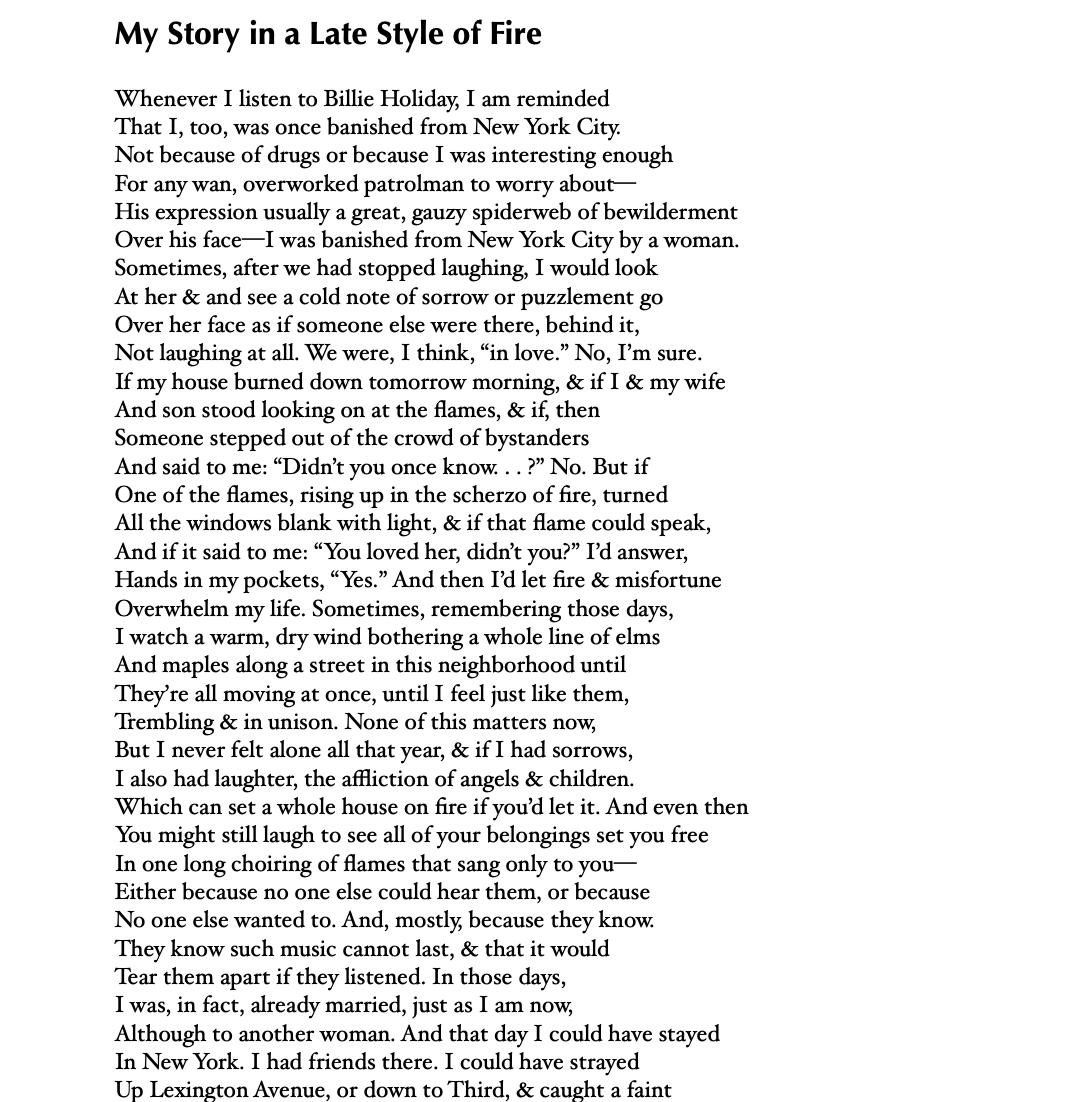“Lord of the Ring” by Paul Theroux.
Written in 1971, collected in Sunrise with Seamonsters.
Ernest Hemingway imagined himself, as all his admirers now do, a heavy-weight, a literary hard puncher and even physically a formidable opponent. He valued the attributes that the American male (and the Karamojong warrior) value. His biographer shares the attitude and the metaphor: "He ... dealt, almost singlehanded, a permanent blow against the affected, the namby-pamby . ." He took enormous pleasure in flooring a muscular Negro with his bare fists, and delivering a manuscript he could say, "I'll defend the title again against all the good young new ones." He spoke of the discipline needed for writing as similar to that for successful boxing; he was proud of his good health, doing exercises, running, swimming and rising early while he was engaged on a book; and he saw his writing career in terms of the ring: "I started out very quiet and I beat Mr Turgenev. Then I trained hard and I beat Mr de Maupassant. I've fought two draws with Mr Stendhal." He had the humility to add, "But nobody's going to get me in the ring with Mr Tolstoy .. " His line was that he could lick practically any man in the house.
He was a destroyer and so are many of his characters: even the gentle Santiago recalls a triumphant arm-wrestling match (with a muscular Negro); others of his characters are fighters, inclined towards pugilism. One sees the glamor: his destroyers come in pairs and all eyes are on them; it is one big man against another, and implies competition, ultimately a winner and a loser. We are to admire the winner (Heming-way, not Turgenev; Santiago, not the Negro). But the very reverent biographer concedes bullying: "Throughout the month of May, Ernest's way, not Turgenev; Santiago, not the Negro). But the very reverent biographer concedes bullying: "Throughout the month of May, Ernest's behaviour was often that of a bully." Professor Carlos Baker is referring to Hemingway ruining his friend's catch of a large marlin by firing a tommy-gun at some circling sharks which, maddened by the taste of their own spilt blood, devour most of the marlin. Later in that same month Hemingway beats up Joseph Knapp, a New York publisher. Both of these incidents, tidied up to make the gunner heroic and the fight with the rich intruder a justly-deserved victory, are retold in Islands in the Stream, with the envoi, black calypso singers immortalising the fist-fight Lord of the Ring with a song as in 1935, they "celebrated Ernest's victory with an extemporaneous song about the 'big slob' from Key West." The boxer recalls his famous matches, the novelist his novels; a boxer is bigger than any of his fights and though writing is hardly a competitive art, much less a sport, the novelist postured deliberately to be bigger than any of his novels. The question of "style"', a favourite boxing word, is fundamental to a discussion of Hemingway's work; not style as a literary value but style as a posture, emphasising the face, the voice, the stance.
Hemingway blamed the bad reviews of Across the River and into the Trees on his photograph that appeared on the dust jacket (*Makes me look like a cat-eating Zombie"); the voice is familiar (*You got very hungry when you did not eat enough in Paris ..."); and the stance? Always the boxer's: "Am trying to knock Mr Shakespeare on his ass."
The reputation is all, and counts for more than the writing. Asked who is the most popular American writer in the Soviet Union, the Russian journalist says,'"Papa." The note of friendly intimacy is common: it is the man that matters. The American writer produces a good book and acquires a reputation. The reputation displaces the idea of literary quality: the idea of the author is much more important than the ideas in the work. Interesting, the number of academics who care so deeply about the man's adventures and leave the work unread, or see blasphemy in a low evaluation of it.
Hemingway claimed to dislike academics, but those who flattered him were welcomed at his haunts and in his house; he yarned them, feeding them lines, took them on his boat, and wrote them candid letters. In the letter refusing Carlos Baker permission to write a biography, Hemingway mentions ("with almost bewildering frankness") how he practised coitus interruptus with his second wife. (The fact appears in Professor Baker's recent biography, Ernest Hemingway - A Life Story.)
Since the aggressive narcissism of commerce and the vanity of money are the driving forces of reputation-making, the progress of the reputation is best described in the language of the stock-exchange. A writer appears on the market; he has considerable long-term upside potential; he gets a divorce and hits a slump, his plane crashes in a jungle and this is a technical rally; he tumbles and bottoms out, he meets resistance at the buyer lever, then rallies again and inflates and firms up and meets a negative critical flow, and so forth. This does not have much to do with writing, but Hemingway's reputation grew without much reference to his work, and in the years since his death, aided by the urgent whisperings of fact-finders and anecdotalists, it has rallied and consolidated sideways.
Now a "new" novel has been found; it was written twenty years ago and apparently abandoned by the author. It is technically his last novel and its publication is a triumph for those obsessed with the man. The novel has no literary importance, but its personal candour is essential. This is of course the basest motive for reading; contemptuous of the art of fiction, the reader is interested in the book only in so far as it gives access to the author: "This is just a story but Ernest Hemingway is writing it . . ." The satisfactions are finding out how Hemingway drank and handled a boat, and spoke, and made love, and treated his friends.
These revelations are considered important, for once the reputation is made and the novel is a study rather than a pleasure (or a bore), the hero of the novel is its author. Fortunately for Hemingway his life began to be studied before he failed as a novelist, so it was never acceptable to say, "This novel is bad." The novels were aspects of the man, and the man's heroism was never questioned.
Islands in the Stream is divided into three parts. In 195 1 Hemingway said that parts 2 and 3 were "in shape to publish" , but he did not publish them. The novel (to use the publisher's term; it is really nothing of the kind) is set in the Caribbean and seems originally to have been intended as a study of the sea. Previous titles of the sections were The Sea When Young, The Sea when Absent, and The Sea in Being, retitled in the present edition as "Bimini", "Cuba" and "At Sea." The sections are loosely linked by the common subject of the sea and by the main character, Thomas Hudson, who is "in appearance, manner, and personal history . .. clearly based on Ernest himself (according to Professor Baker). There was a fourth section, and Thomas Hudson was not the hero of it. This was the story of an old man, Santiago, who caught a marlin and battled to save it; it was published (Hemingway had some reservations about its length) as The Old Man and the Sea. Professor Baker reports that Hemingway was very enthusiastic about the unpublished parts of the book he was calling The Island and the Stream, but rather than publish it he turned from it and wrote A Moveable Feast, his last book, parts of which are prefigured in the reminiscences of Thomas Hudson. Hudson, in his youth, also lived with his wife and small child over a sawmill in Paris in the 192s, and had a cat named F Puss and liked the bicycle races and drank in cafés with James Joyce and Ezra Pound.
Here, perhaps, is the reason Hemingway never published Islands in the Stream. It was autobiography - this is clear from the duplicated recollections in A Moveable Feast - but he wanted it to read as fiction. He wrote it at an age when most novelists turn to autobiography, but rather than reveal the novel as that, he published the story of Santiago and spent the last three years of his life writing a straightforward reminiscence, to which he added ambiguously in the Preface, "If the reader prefers, this Lord of the Ring book may be regarded as fiction . .." It is hard to say whether he would have published the present novel, had he allowed himself to live a few years longer. This is crucial because a writer can only be held responsible for what he publishes himself and stands by; he can't be blamed for writing a bad book that he chose to leave in a bottom drawer.
Thomas Hudson is a painter. He has been divorced and he lives in different places in the Caribbean. He seems to have a separate personality for each place. In the first section of the book, on the island of Bimini, he is a reticent friend, a quiet drunk and a devoted father; he fishes with his three boys and does a little painting of the Winslow Homer variety. The second section is set largely in a bar in Havana; here Hudson is a bar-fly, drinking and betting, and talking at some length to an elderly prostitute; he does no painting. A sea chase occupies the whole of the third section; Hudson is a bullying, Bogartesque ship's captain pursuing Germans along the coast of Cuba. Three episodes, hardly stories, and except for Hudson, who alters but does not grow, the episodes bear no relation to one another. The three boys, Hudson's children, are all dead by the time the second section opens, possibly to give Hudson nothing to live for, though more likely because Hemingway couldn't think of any way of working them into the conversation with the elderly prostitute or the pursuit of the Germans. The artless novelist has his reasons for disposing of characters, usually no more complicated than the eldest boy's in Jude the Obscure, when he hanged himself and his siblings: "Done because we are too menny."
Hudson gets little satisfaction (but evidently lots of cash) from his painting. He is, for most of the book, an aggressive self-absorbed man for whom killing a big fish and disembowelling a German are ways of proving one's manhood. It is the philosophy of combat - perversely based on killing one's friend, for the noblest combat is destroying something beautiful, something one values. "In the worst parts, when I was tiredest, I couldn't tell which was him and which was me," says Dave, one of the sons, after the fish had been caught and killed.
Incapable of creation, these characters see beauty in destruction; considering themselves men in the proverbial sense of the word, their ambition must be to win: to kill the lion, to floor the Negro, to catch the fish, to have always the winning hand. Achievement is irrelevant here (Hudson's painting is all but dismissed as daubing) because achievement implies solitary creation. Winning is another matter: one wins by beating one's opponent. Thus, most strangely: "Am trying to knock Mr Shakespeare on his ass."
"All fights are bad."
"I know it. But what are you going to do about them?"
"You have to win them when they start."
Failure is losing, because losing is humiliation, unbecoming to a man:
"Get it straight. Your boy you lose. Love you lose. Honor has been gone for a long time. Duty you do."
That is Hudson at his lowest point, a loser. He recovers, but others are not so lucky, for the last loser deserves it, as the winner deserves his success. The loser's mortality proves more than the winner's physical superiority - it implies the winner's immortality. So much for the fist-fight between Roger and the wealthy yachtsman, which Roger wins, saying, "That guy was no good, Tom." And Thomas Hudson agrees: "You taught him something." The implication is that the yachtsman has been taught that he will never win a fist-fight with a man Hemingway conceives to be morally superior. In this case the man should know better: Roger is a writer and the sniveling yachtsman he defeats is a publisher.
Hemingway insists on the rightness of the philosophy. Consequently there is an interminable repetition of the words fine and good and true and wonderful and brave and necessary, all applied to bullying and mean-spirited and unworthy acts, "a wonderful chase,” "a fine shot,” "a beautiful kill". A sententious utterance, implying if not employing one of these words, closes each incident. After Dave hooks the swordfish and yanks on him for six hours (and twenty-five pages of the book), the motto is, "But there is a time boys have to do things if they are ever going to be men." An odd thing for a painter to say; but Thomas Hudson is no creator.
There is a great deal of killing in the book, practically all of it gratuitous, as when the swordfish is killed or Thomas Hudson shoots a land crab that appears on his path (". .. the crab disintegrated ... Poor old crab, he thought..”) or the Germans are shelled. Murder is necessary and it is a shame it makes one feel bad:
Then why don't you care about anything? he asked himself. Why don't you think of them as murderers and have the righteous feelings that you should have . .. Because we are all murderers, he told himself. We all are on both sides, if we are any good, and no good will come of any of it. But you have to do it. Sure, he said.
We all are on both sides: "I couldn't tell which was him and which was me," says Dave when the fish is dead; and "He was a pretty good guy," Willie says of the German he's blown to bits.
The philosophy demands the sentimentality of pity. And grief is self-pity. Here is Hudson revealing the death of his son to the mother of the boy, his ex-wife:
"That isn't it," she said. "Tell me, is he dead?"
“Sure.”
"Please hold me tight. I am ill now." He felt her shaking and he knelt by the chair and held her and felt her tremble. Then she said: "And poor you. Poor, poor you."
After a time she said: "I'm sorry for everything I ever did or said."
"Me, too."
"Poor you and poor me."
"Poor everybody," he said, and he did not add, "Poor Tom."
A very large number of suicides, by various means, are mentioned in the lovel as well, remarked upon with a kind of queer joy. Obeying the rerverse logic of destruction, the destroyer as hero, it is consistent that fter subduing or killing every powerful thing on earth, the man, to laintain the image of his invincibility, kills himself. The warrior runs pon his own sword. Self-slaughter is the only acceptable end for the estroying hero; any other death is humiliating defeat. Hudson does not commit suicide. At the end of the book, wounded by Germans for whom has developed an eager affection, he is full of self-love and self-loathing hich, combined, turn to pride and a satisfied self-pity. Motto: "You never understand anybody that loves you."
The Hemingway Stamp, that cauliflower earmark that characterises his worst fiction, is everywhere apparent. Hudson reflects on catnip: "There still should be some catnip in the shelf of drawers of the cat room if it hasn't gotten too dry and lost its force. It lost its force very quickly in the tropics and the catnip that you raised in the garden had no force at all." Hudson has a drink: “... strong with the real Gordon's gin that made it alive to his tongue and rewarding to swallow . .. It tastes as good as a drawing sail feels, he thought. It is a hell of a good drink."
The descriptions of food and wine are given lovingly, while lovemaking is reduced to utter vagueness: "He did something . .. She did something else ..."
The novel is offered as something of a departure for Hemingway, with "a rich and relaxed sense of humor." But nearly all the humor depends on seeing bullying or ridicule as comic: attempting to set a dock on fire, humiliating the yachtsman or taking the mickey out of a tourist or "a fine old whore," or teasing a sleepy-headed servant. In each case there is a victim who is weak or passive; he is made a figure of fun and one is meant to find him contemptible and so laughable. The humor has Thomas Hudson and his friends in stitches, and in many places Hudson says how much he is enjoying himself, but he is an embittered, heartless, unquestioning and deluded man. Physical superiority is what Hudson cares about but he is old and life is unbearable for him. The disappointment and the sour regret give the novel the tone of a suicide note. It is sad to think that Hemingway wrote it, and understandable that he left it in a bottom drawer.












